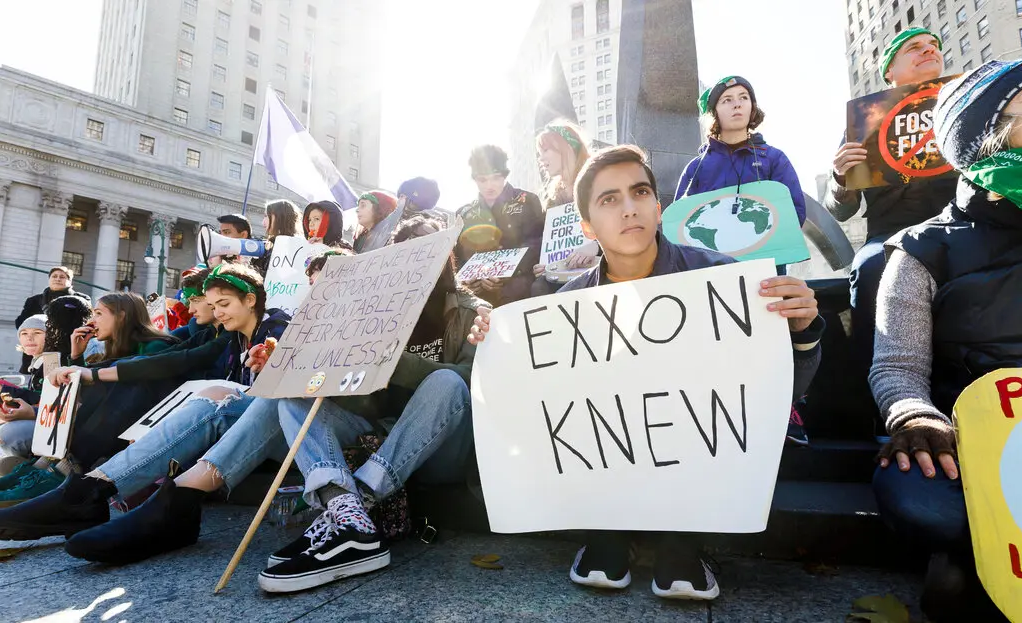Newly unsealed documents obtained by Forbes reveal American law enforcement’s deep access to people’s travel records, and how it uses that data to conduct targeted surveillance.
If you ever thought that cops working airport security randomly selected people for checks, think again. Taking a spontaneous holiday or going on a quick work trip could make you more interesting to the authorities. That’s because, according to newly unsealed court documents, booking a last-minute flight or returning within two days of departing in the U.S. makes you more likely to be chosen for bag searches and questioning.
A cash seizure warrant filed by an agent with the Drug Enforcement Administration this January detailed how the agency selects candidates for further checks at the Minneapolis-Saint Paul International Airport. It stated that DEA and airport police investigators “often look for passengers who purchased airline tickets ‘at the last minute,’” as well as people with “uncommon travel itineraries, such as same- or next-day return flights from their destination.” Both, the DEA said, were indicators an individual was involved in trafficking narcotics.
The federal government accesses people's travel records in myriad ways, per Forbes’ previous reporting, and the warrants reveal how that tracking manifests in physical surveillance. It also highlights how America’s borders have become privacy voids, where individuals’ movements and personal data can be reviewed with little oversight and electronic devices can be seized without a warrant.
“For years, we’ve seen the unchecked growth of airport surveillance, as officials told us this was a way to protect our flights. But these sorts of search tactics allow law enforcement to transform airport surveillance into a powerful tool to target nearly anyone they choose to examine,” said Albert Fox-Cahn, executive director of the Surveillance Technology Oversight Project.
To push for more transparency from the government on its surveillance of global travelers, over the last two years, Forbes and the Reporters Committee for Freedom of the Press have taken the federal government to court to unseal documents detailing secretive, “real-time” surveillance of individual targets’ travel bookings via companies known as “global distribution system” providers. GDSes are vast databases of travel information that can be accessed by airlines, cruise providers, car rental companies and hoteliers, all to make bookings as seamless as possible. That makes them useful for the federal government when it wants to spy on someone’s global movements.
“It’s chilling that the courts grant access to Sabre data under the All Writs Act.”
Albert Fox-Cahn, Surveillance Technology Oversight Project executive director
At the end of December, Forbes’ lawsuit led a court to unseal a 2015 order on Sabre, a large $2 billion-valued GDS supplier that has access to at least a third of all global travel bookings. While all identifying details of the suspect were redacted, the document detailed an FBI attempt to track down a “known fugitive” by having Sabre provide “contemporaneous ‘real-time’ account activity information of the traveler” for two years. The order was made using the All Writs Act, a 1789 law that allows the government to ask for “non-burdensome” assistance from organizations not directly related to an investigation. Similar orders were filed in 2015 to track an infamous Russian cybercriminal and in 2019 to track down an Indian fugitive suspected of hacking, per Forbes’ previous reporting.
“It’s chilling that the courts grant access to Sabre data under the All Writs Act, which requires very little showing [of probable cause] from the government,” added Fox-Cahn. “For example, if travel records were held to the same standard as wiretap orders, they could never get an order for two years of data.” (Wiretap orders typically last for 30 days, though can be extended with repeated government applications.)
The FBI, the DEA and Sabre had not provided comment at the time of publication. The Minneapolis-Saint Paul International Airport, which was assisting the DEA with the searches described in the warrant, said it was an ongoing investigation and declined to comment further.
In Minneapolis, the DEA indicated it didn’t require any kind of court approval to go through the travel records of incoming passengers. It explained that anyone booking a last-minute trip was more suspicious because often drug traffickers “do not know ahead of time when their sources will be ready to provide narcotics, or they have not collected all the currency they need until the last moment before they depart to buy more narcotics.” As for the added suspicion of those traveling back home within 48 hours, the agency wrote that “individuals involved in trafficking narcotics into Minnesota often seek to return immediately so that they can begin selling the narcotics and avoid the risks associated with holding large amounts of illegal drugs.”
It’s unclear how successful the cops’ tactics have been in identifying lawbreakers. The warrant detailed the seizure of $33,000 from an individual at Minneapolis-Saint Paul Airport, who claimed the money derived from car sales. He’d been identified as a possible suspect because a sniffer dog had smelled marijuana on the man and his return trip from Los Angeles to Minneapolis was “suspicious.” The amount of cash and the way it had been bundled was also circumspect, the DEA said. But, according to court records, there was no additional evidence to indicate the individual was selling drugs and at the time of publication he had not been charged.
https://www.forbes.com/sites/thomasbrewster/2023/01/13/last-minute-quick-return-flights-make-you-a-person-of-interest-to-us-government-surveillance/?sh=5ccb54344dd3


